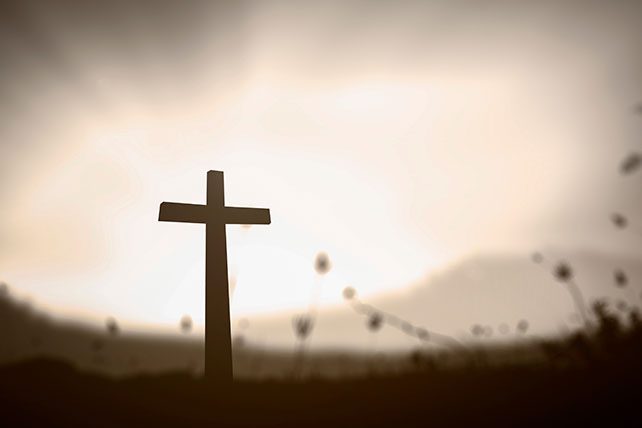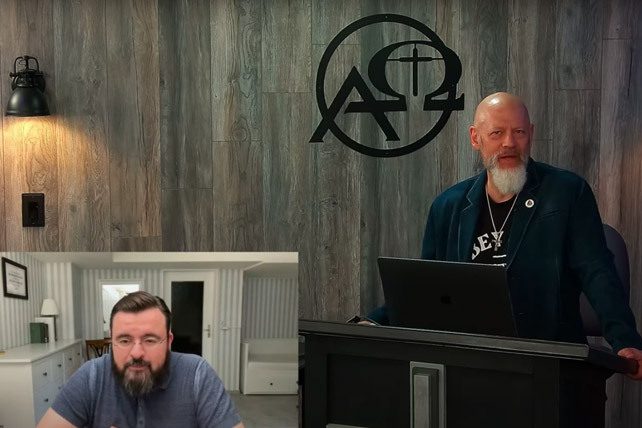NASHVILLE (BP) – The Ethics & Religious Liberty Commission expressed its objections Thursday (Sept. 1) to a new policy by the website Yelp that the Southern Baptist entity said casts doubt on the medical qualifications of pregnancy resource centers.
Yelp, a platform that enables consumers to find and review local businesses, announced Aug. 23 it would add a “consumer notice” for pro-life pregnancy resource centers (PRCs) to differentiate them from abortion clinics. Yelp’s new “consumer notice” says: “This is a Crisis Pregnancy Center. Crisis Pregnancy Centers typically provide limited medical services and may not have licensed medical professionals onsite.”
The announcement came nearly two months after the U.S. Supreme Court returned abortion regulation to the states by reversing the 1973 Roe v. Wade decision that legalized abortion throughout the country.
ERLC Acting President Brent Leatherwood said in a letter to Jeremy Stoppelman, chief executive officer of Yelp Inc., the company’s new policy limits “the options of women through your use of one-sided and misleading labeling.”
A “thorough review” would demonstrate many PRCs have medical professionals on staff and “offer legitimate, quality, holistic care for women and children in need that exceeds anything offered by most abortion clinics,” Leatherwood wrote. “This new label brings unnecessary doubt and will steer women away from receiving the information, care, supplies, and support that these centers offer, often at no cost.”
Hope Resource Center in Knoxville, Tenn., is among the PRCs “currently inaccurately designated” by Yelp’s “crisis pregnancy center” label, he told Stoppelman. Leatherwood cited Hope Resource Center’s employment of seven medical professionals and its provision of free pregnancy testing, ultrasound imaging, well-woman exams and pap testing among its services.
Hope employs three nurse practitioners and four registered nurses, with at least three licensed medical professionals in the building daily, the center’s executive director, Andrew Wood, told Baptist Press. The center also has five doctors and four obstetricians/gynecologists on its medical executive committee, Wood said. The physicians serve on a monthly rotation that enables them to be available as needed, he told BP.
In his letter, Leatherwood acknowledged not all PRCs have as much to offer as Hope Resource Center, but “it is misleading to imply that all pregnancy centers do no or may not provide authentic medical care by trained professionals.”
“A consistent application of this labeling process must also include identifying abortion clinics that operate without medical licensing or hospital admitting privileges and offer only abortion services,” he wrote. “If Yelp is seeking transparency and honesty in their listings, those values must be applied consistently and fairly to all.”
In an email interview with BP, Wood described Yelp’s new policy as “another attempt in a long line of attempts to malign and mischaracterize the great work that happens in pregnancy centers across the country.”




































